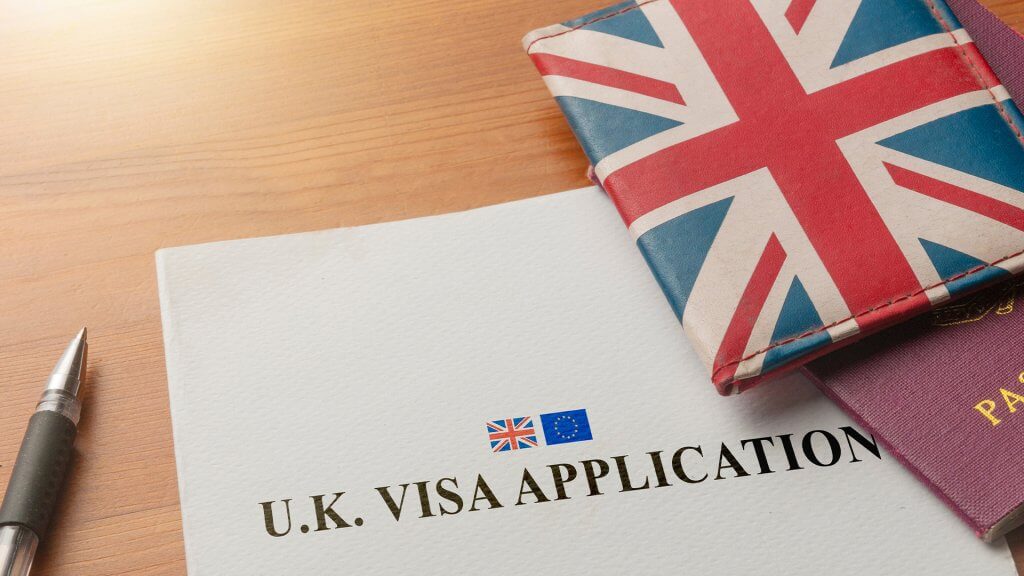Working in the European Union (EU) brings a host of opportunities, but it also means navigating a complex landscape of employment laws. These laws are designed to protect workers’ rights, promote fair treatment, and ensure safe working conditions across all member states.
As such, this article aims to help employees and employers alike understand the key aspects of EU employment law, empowering them to make informed decisions and uphold their rights. Furthermore, whether you are an employee or an employer, understanding these regulations is crucial. For employees seeking expert guidance, employment law solicitors for employees can provide valuable assistance.
Key Aspects of EU Employment Law
The EU has established a comprehensive framework that governs employment across its member countries. Key aspects of this framework include:
- Working Time Directive: This directive ensures that employees do not exceed an average working week of 48 hours, including overtime, over a reference period of up to four months. It also guarantees minimum daily and weekly rest periods, as well as paid annual leave.
- Equal Treatment and Discrimination: EU regulations prohibit discrimination on various grounds such as gender, age, race, disability, and sexual orientation. These laws aim to ensure equality in hiring, remuneration, promotion, and working conditions.
- Health and Safety Standards: Employers are required to provide a safe working environment, complying with health and safety directives that aim to minimise occupational risks.
Contracts and Employment Rights
In the EU, the employment contract is a fundamental aspect of the working relationship. It defines the rights and obligations of both parties and must comply with EU laws. Typically, contracts should be provided in writing and include details such as:
- Job responsibilities and duties
- Compensation and benefits
- Working hours and conditions
- Duration of the employment
For more comprehensive information on how these laws are implemented, you can explore detailed resources on EU labour law guidelines and directives.
Workers’ Rights and Protections
The EU takes workers’ rights seriously, with numerous directives aimed at ensuring that employees receive fair treatment and protection. One such right is the entitlement to a written statement of employment particulars, which should be provided within the first two months of employment. This document outlines the core terms and conditions of the employment contract, offering clarity and protection for both the employer and employee.
Additionally, the EU’s emphasis on non-discrimination extends to recruitment, promotion, and termination processes, ensuring that all employees have equal opportunities and are judged solely on their merit and performance. This comprehensive approach to equality is embedded across the employment spectrum, reinforcing the commitment to fair treatment.
Cross-border Employment
With freedom of movement being a cornerstone of the EU, many individuals find themselves working in different member states. This mobility can lead to questions about applicable labour laws. Generally, the law of the country in which the work is habitually carried out applies. However, there are exceptions, particularly for employees with no fixed place of work. In such cases, the regulations can become complex, necessitating a deeper understanding of the applicable legal framework.
For those working in multiple countries, the EU provides coordination mechanisms to ensure that social security systems work together. This coordination is crucial to protect rights related to pensions, healthcare, and other social benefits, ensuring that workers do not find themselves disadvantaged by moving across borders.
Dispute Resolution and Legal Recourse
In instances where disputes arise, the EU offers various mechanisms for resolution. Initially, many employment disputes are addressed through internal company procedures or mediation. If these methods do not yield satisfactory outcomes, employees can seek recourse through national courts or employment tribunals. Each country within the EU has its own specific procedures, but the overarching aim is to provide fair and just resolutions for disputes.
Furthermore, the EU promotes alternative dispute resolution methods to reduce the burden on courts and provide quicker solutions. Arbitration and conciliation are popular options that can offer more flexible and less formal routes to resolving conflicts.
Navigating EU Employment Law with Confidence
Working in the EU offers many opportunities, but it comes with the responsibility of understanding the employment laws that govern your rights and duties. Given the complexity and breadth of these laws, staying informed is essential. Whether you’re embarking on a new employment journey or seeking to better understand your current position, knowing the nuances of European employment law can empower you to make informed decisions and safeguard your interests.
Lastly, the EU’s commitment to workers’ rights ensures a balanced and fair approach to employment across member states, aiming to create a harmonious and equitable working environment for all. For an in-depth look at various EU employment policies, resources such as this one can provide comprehensive insights.
Please be advised this article is for informational purposes only and should not be used as a substitute for advice from a trained legal or business professional. Please seek the advice of a legal or business professional if you’re facing issues regarding navigating EU employment law.


























